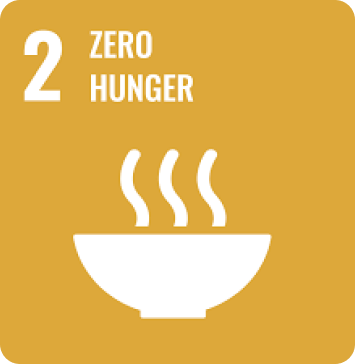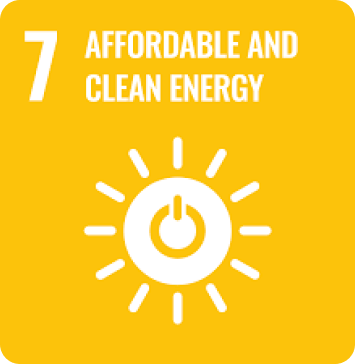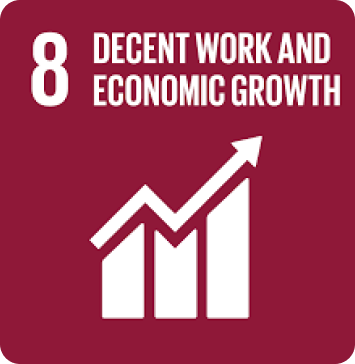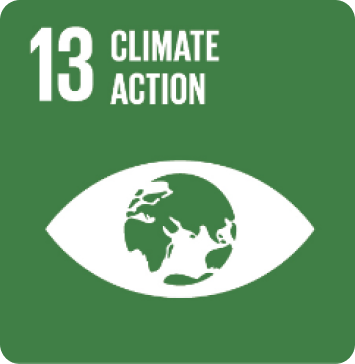Country: Uganda
Mandulis Energy - Bio-Energy for Agriculture + Rural Livelihoods.
About The Project
The Problem

The Solution
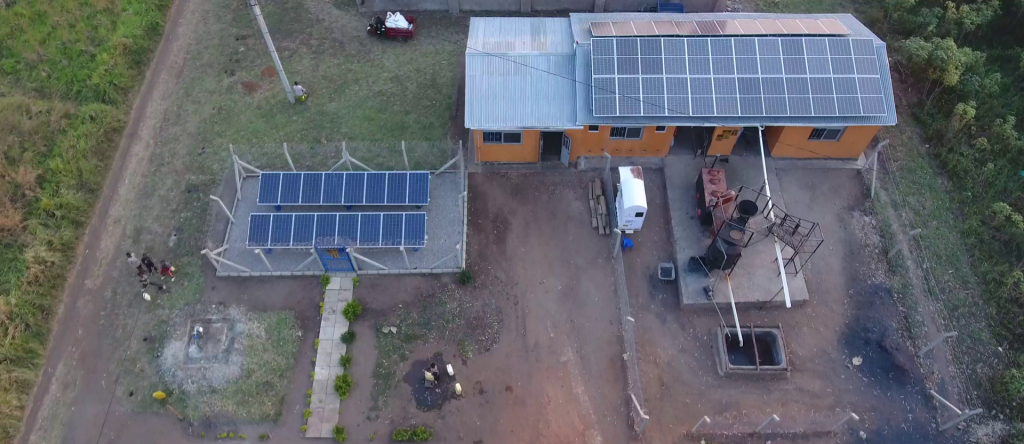
The Bio-Energy for Agriculture + Rural Livelihoods project offers an innovative solution by integrating bio-energy production with sustainable agricultural practices. The project involves the construction and operation of gasification plants that convert agricultural biomass, such as crop residues, into biochar and electricity. Biochar, a carbon-rich material, is used to improve soil health and sequester carbon, effectively removing GHGs from the atmosphere. The electricity generated is supplied to nearby communities, providing them with 50% cheaper and more reliable energy than conventional alternatives.
Verst Carbon’s role in the project includes conducting feasibility studies to identify optimal locations for the gasification plants, evaluating suitable technologies, and developing comprehensive Project Design Documents (PDDs). These PDDs provide the technical foundation for the project and ensure compliance with the Puro Standard for carbon credit issuance. To guarantee the project’s transparency and scalability, Verst Carbon has established a detailed Monitoring, Reporting, and Verification (MRV) framework that tracks carbon reductions and the project’s overall performance.
Capacity building is another crucial aspect of the project. Verst Carbon is working closely with local staff at each site to provide training and technical support, ensuring the plants are operated and maintained effectively. This approach not only enhances local employment opportunities but also empowers communities to take ownership of the project, ensuring long-term sustainability.
Impact Made So Far
Sustainable Development Goals (SDGs)
